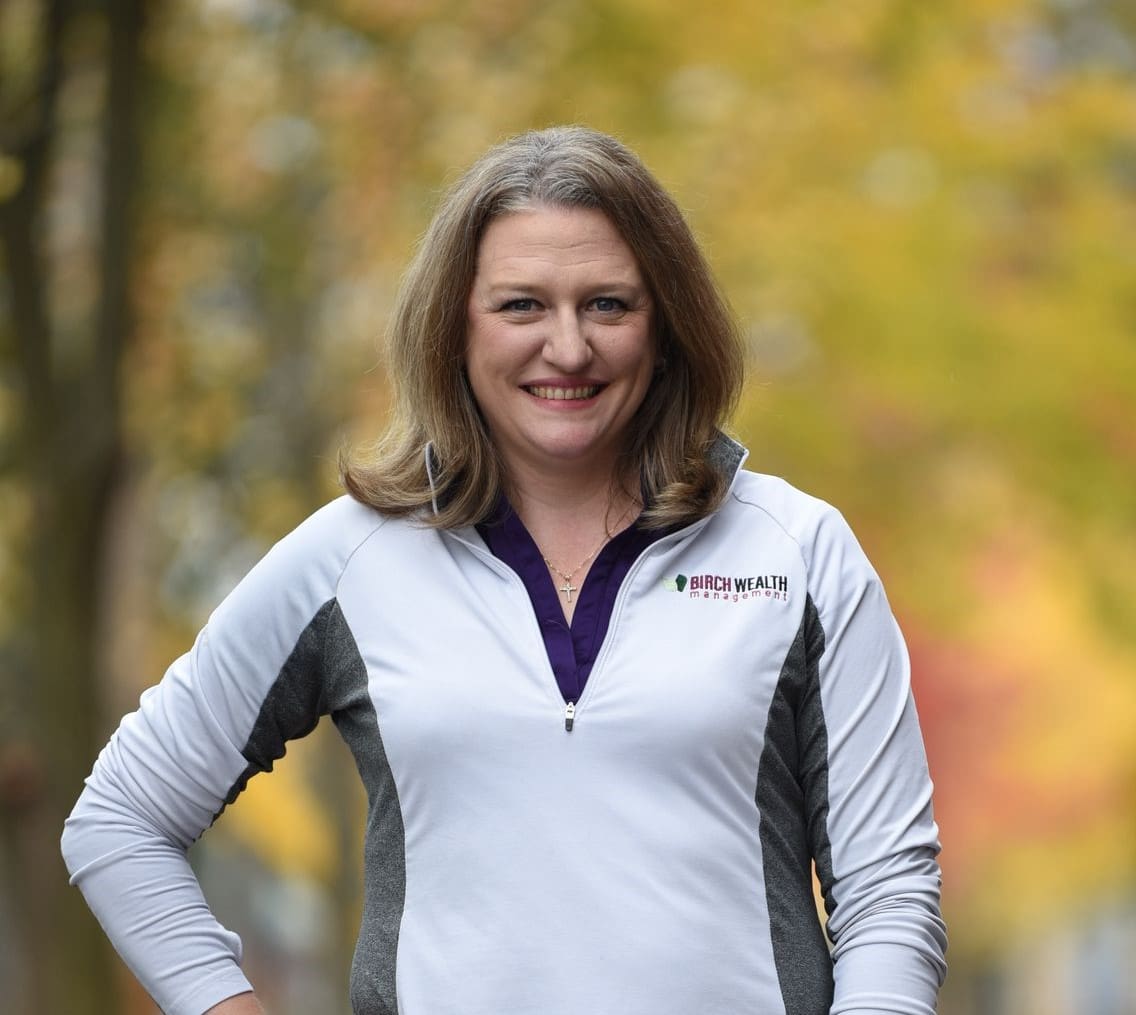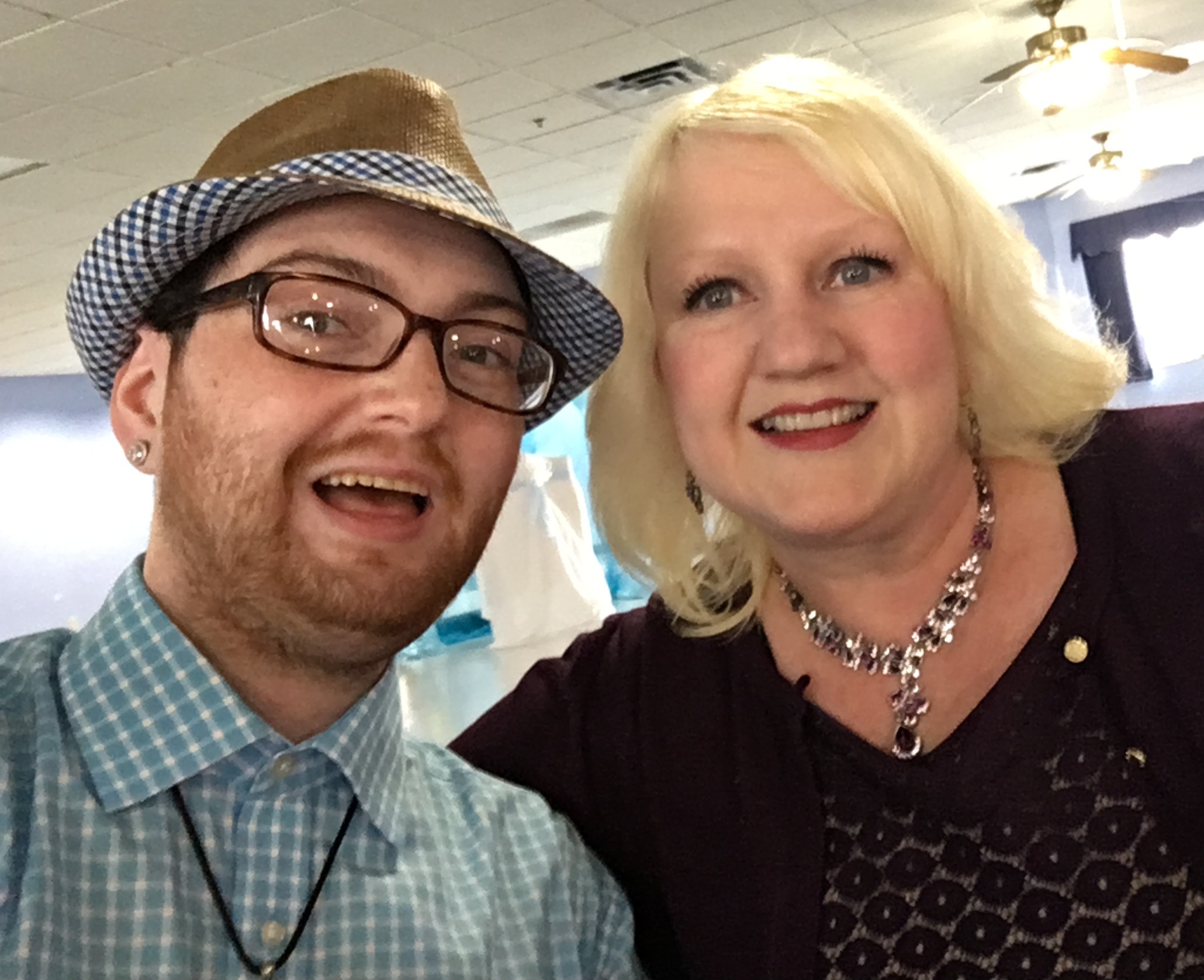By Alyssa Dearborn
Rochele ‘Shelly’ Clark has been a nursing professional for four decades, earning several awards and helping to establish the first neuroscience service line at Crouse Hospital over the course of her career. She has found a fulfilling career working in nearly every major hospital in Syracuse, but when she was a young person trying to decide her future career path, she never expected to become a nursing professional.
“Back in the 80’s, I wanted to be a teacher and my guidance counselor said, ‘There aren’t a lot of teaching jobs. What else would you like to do?’” Rochele laughed when asked about how she decided to pursue nursing, “I did have two older sisters who were nurses and so I think that was also a big influence. So I went into nursing. It wasn’t like it was a life-long dream, but it’s worked so well for me that I believe that it was a little bit of fate that’s got me there.”
Though becoming a nurse was a career choice seemingly chosen by fate, it was a career path that provided Rochele with many exciting opportunities.
“I spent the first half of my career doing a bunch of bedside nursing. And because my husband was in the military, I had an opportunity to move around and work in a lot of different institutions,” she said, when asked about how she was able to help with a variety of different projects. “So a lot of this experience was focused on either the emergency room or critical care nursing…Once I completed my degree, for me, becoming a stroke coordinator was like the fusion of everything I had done. It was a little bit of the emergency room, it was a little bit of critical care, it was a little bit of the neurology. I was able to tie it all together and at that point in my career I felt that as a bedside nurse, I was helping individuals, but I really wanted to establish programs that could help a large group of patients in a particular population.”
She joined Upstate at the time when developing a stroke center was a new concept. The first stroke center was established in New York City around 2003, she said, and Upstate was looking to become a designated stroke center by the New York State Department of Health.
“It was the fusion of my previous career, and so I applied to the position and then learned what it took to become a stroke center and put all of the policies and future processes in place in order to meet the requirements to receive that designation by the state,” she said. “Shortly after that was established in 2006, the whole idea of telemedicine came into play and so then – myself and my team – were instrumental in developing telemedicine for stroke. So, that way we would be able to reach into some of the more rural areas in our network that otherwise didn’t have access to the stroke specialists.”
Her work in telemedicine and her dedication to helping patients both became vital in the early days of the COVID-19 pandemic. As she was already immersed in the world of telemedicine, Rochele was already helping to establish telemedicine across the country. However, she also dedicated her time to working with patients on the front-line.
“At the time – this is before the pandemic hit – we were establishing telemedicine throughout the country. And I was already working remotely. My physicians worked in multiple states, our administrative team for the virtual practice worked in multiple states, and our hospitals weren’t different,” she said. “So we had already done this virtual sort of program. And then the pandemic hit. And as you know, when the pandemic first hit, the needs for many of our rural critical care – even some of our major hospitals for critical care physicians – was in dire need.”
Within two weeks during the beginning of the pandemic, Rochele and her team established telemedicine practices at 12 hospitals to ensure that clinical quality and access to critical care physicians could be maintained. That was her day job. Rochele also responded to a New York State hotline seeking licensed nurses to work at local facilities, so before hours she would work four or five hours in the morning on the actual Covid unit, taking care of patients who had been recently transferred from the hospitals to a Covid-only facility established by Loretto for patients who were moved from the hospitals but still Covid-positive.
“So I was actually working both sides of the COVID pandemic as a bedside nurse and in the virtual world trying to get as much access to hospitals throughout the country as possible,” she said.
In her 41st year in nursing, Rochele wants to find ways to encourage future nurses and those newer to the profession to make nursing their career as well.
“I’m still having a hard time letting go of that nurse identity,” she said about the prospect of retirement. “I feel that there’s still one more thing I have left and that’s to inspire new nurses coming on board, to realize that while it can be a very difficult career, and you read a lot about nurse burnout, there are so many different things that you can do to reinvent yourself and give back to the profession…Getting out of the profession is never going to help it. Staying in it, making changes, seeing the growth and evolution, that’s where we can actually make our biggest impact.”
But until she is ready to retire, Rochele plans to continue helping patients and encourage her younger peers. When asked about the most rewarding part of her career, she emphasized the power of medicine and what it really means to leave an impact, even after her direct involvement has ended.
“I always felt that the power of medicine, the power of nursing was to enable people to face health sustainably, to enable a program to health sustainability,” she said. “When I raised my kids, I always believed in that we give our children two things: one is roots, the other is wings. And I think that general philosophy in taking care of patients and taking care of or building programs was the same thing. I wanted to give strong foundations, I wanted to give my patients strong education and support. But then I wanted to give them the wings so they would be able to go on to maintain a full, happy life. I guess that was just my whole philosophy on life.”





